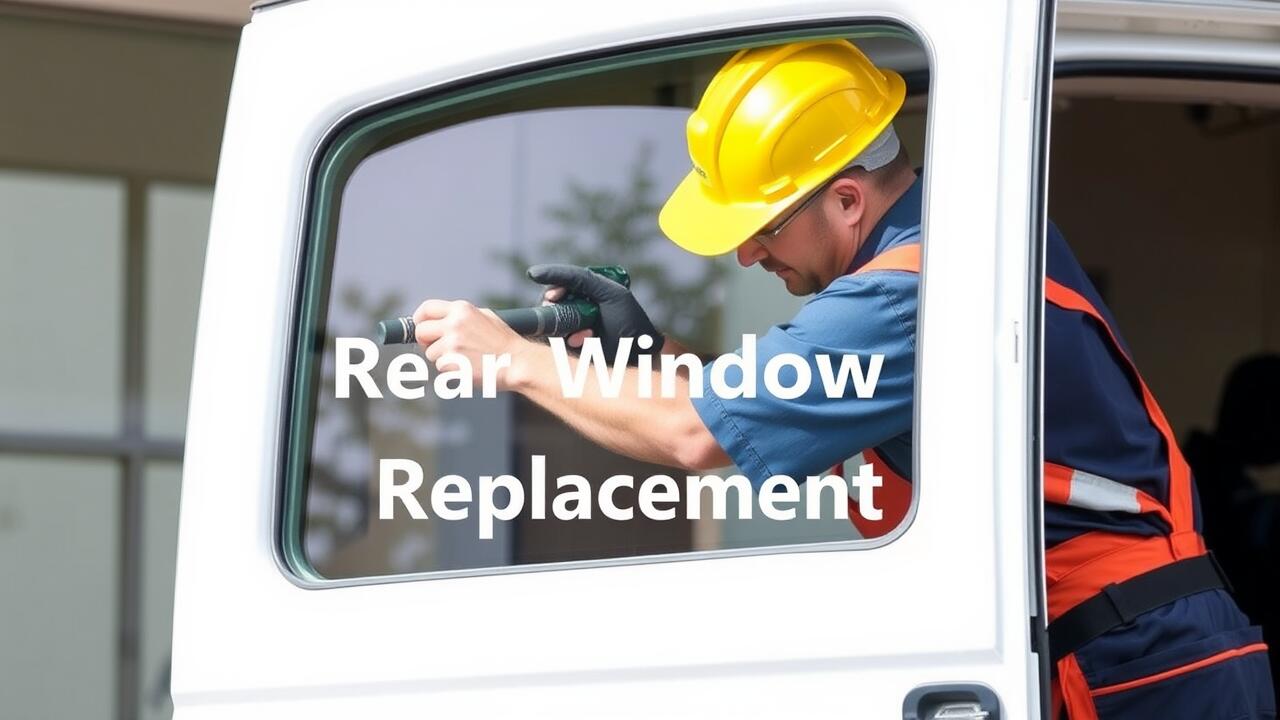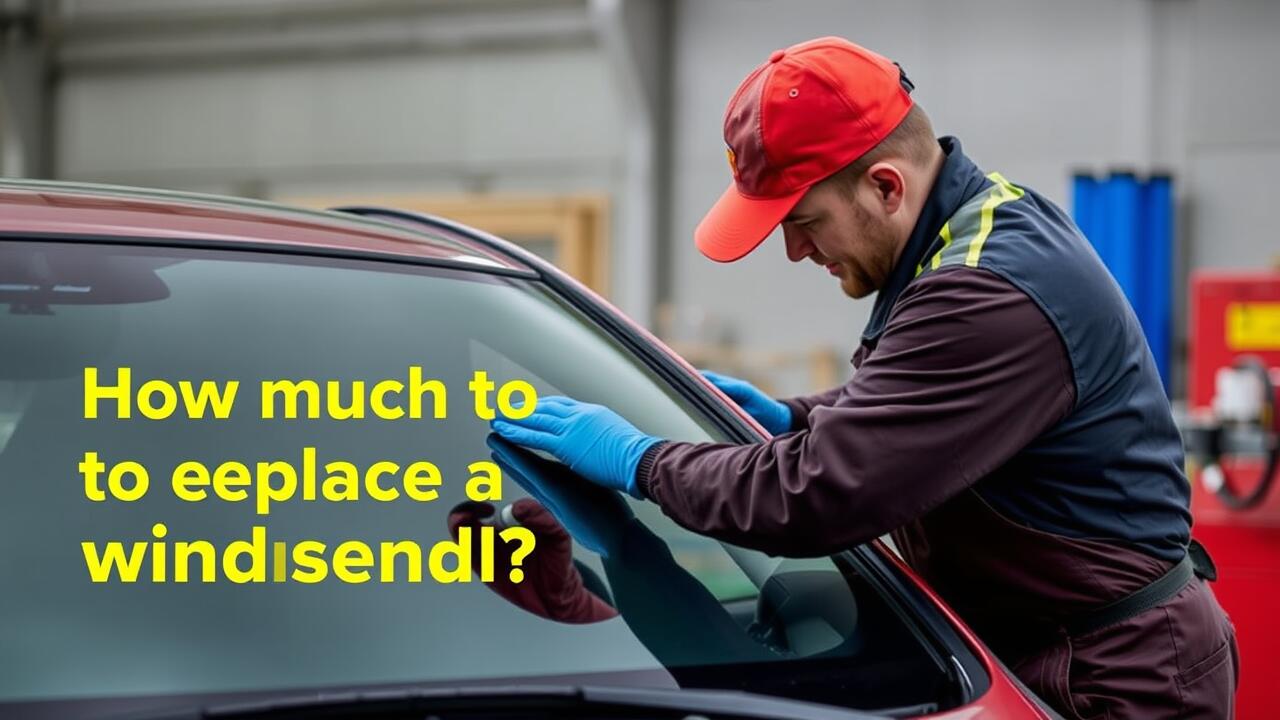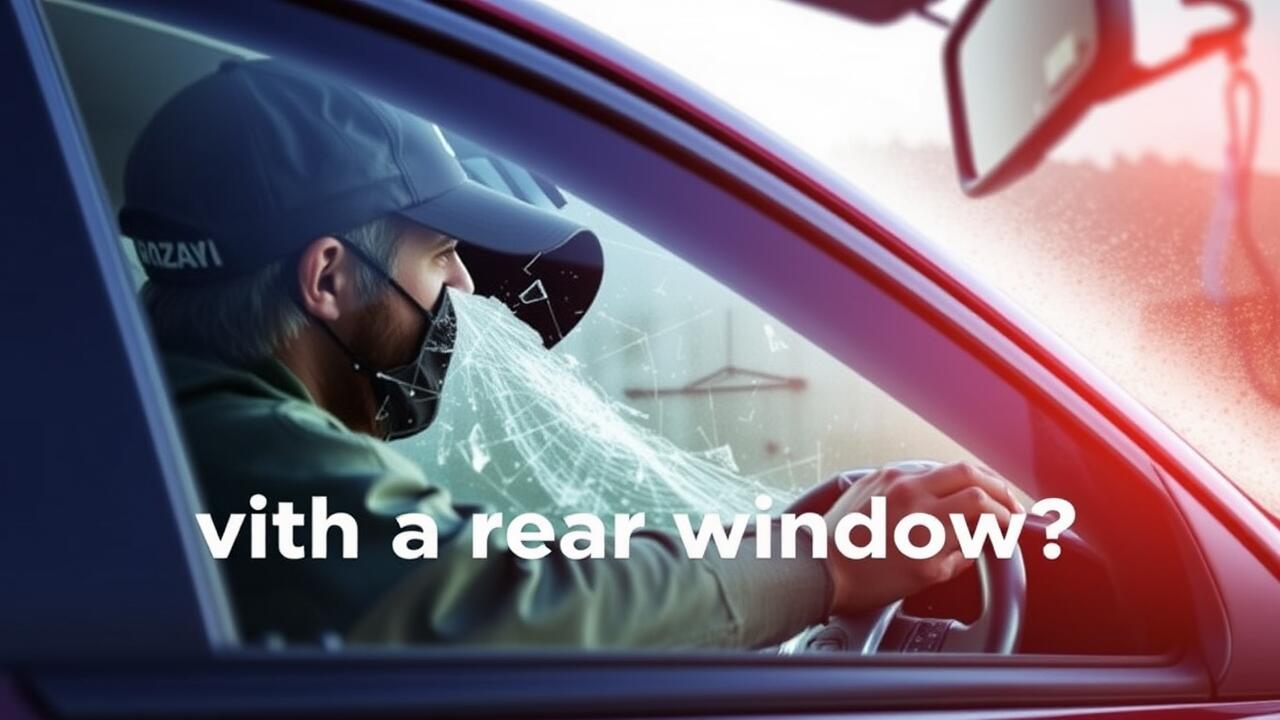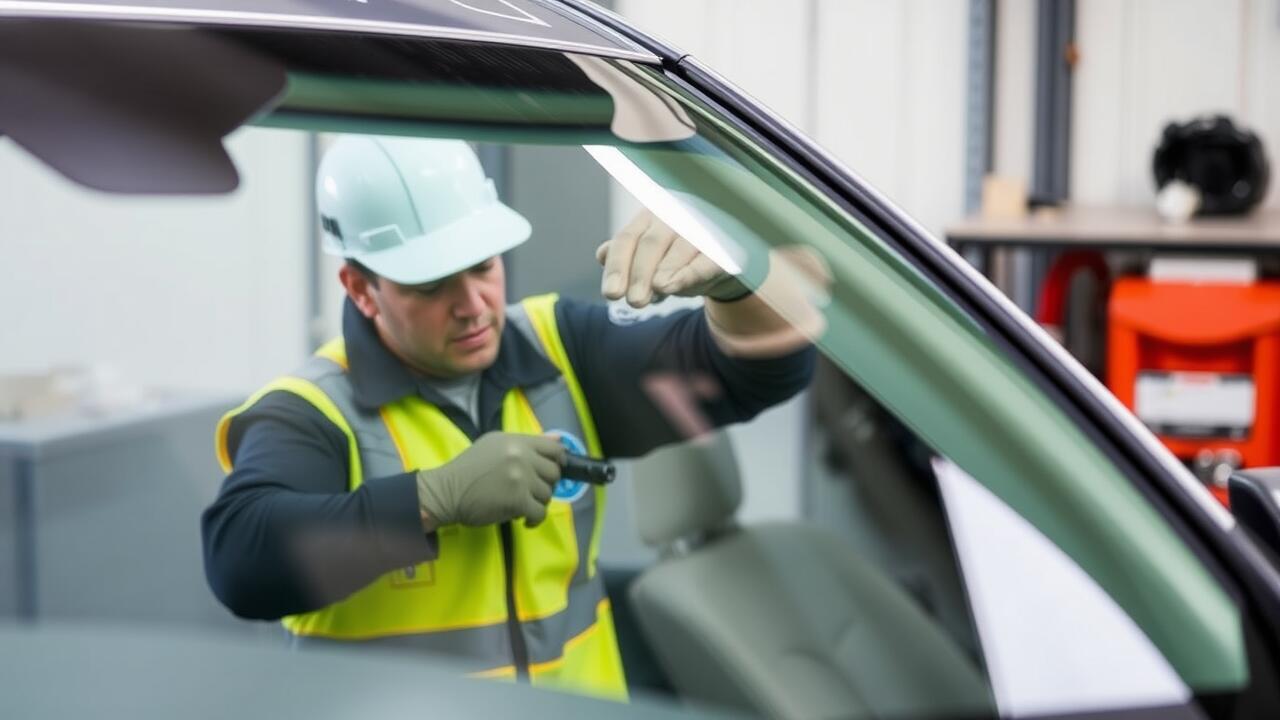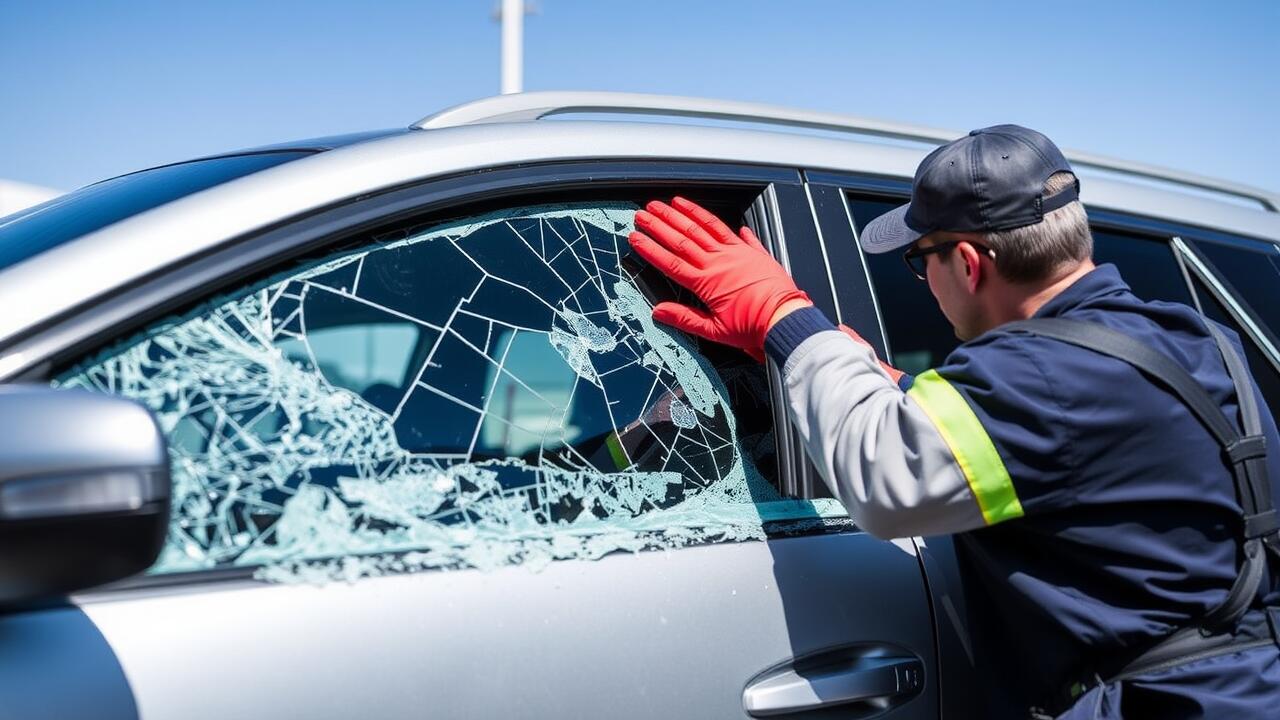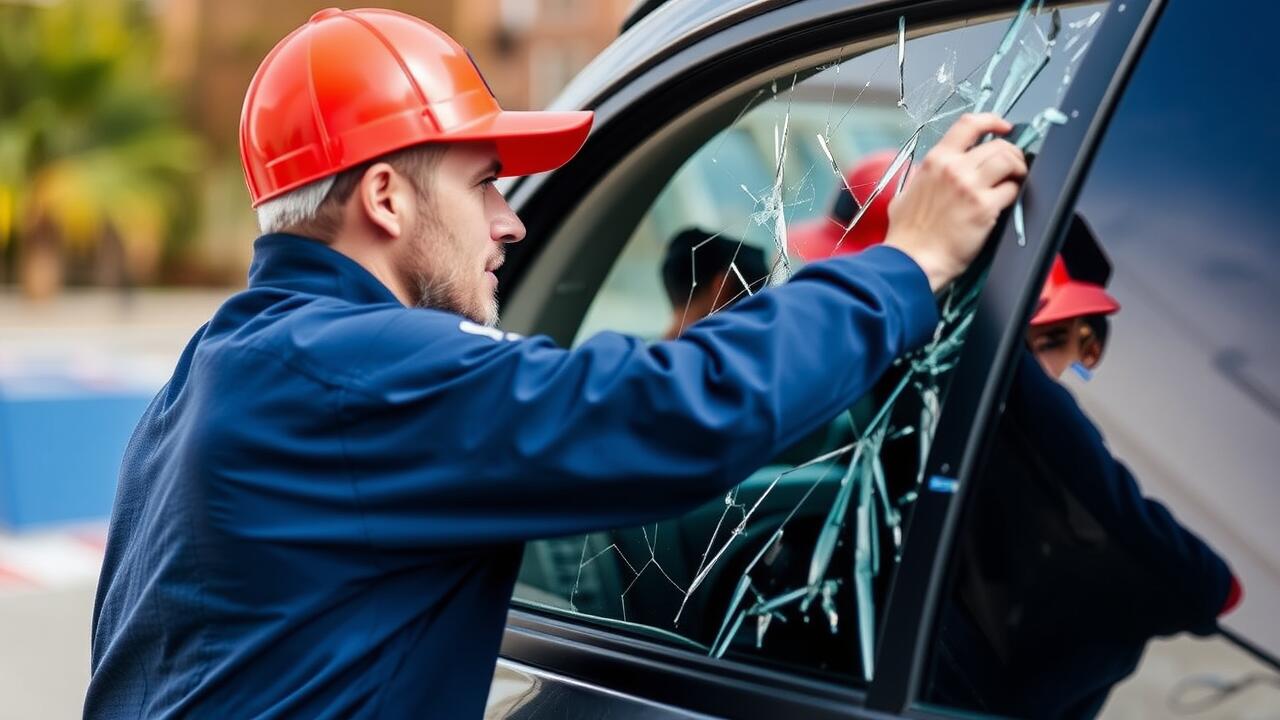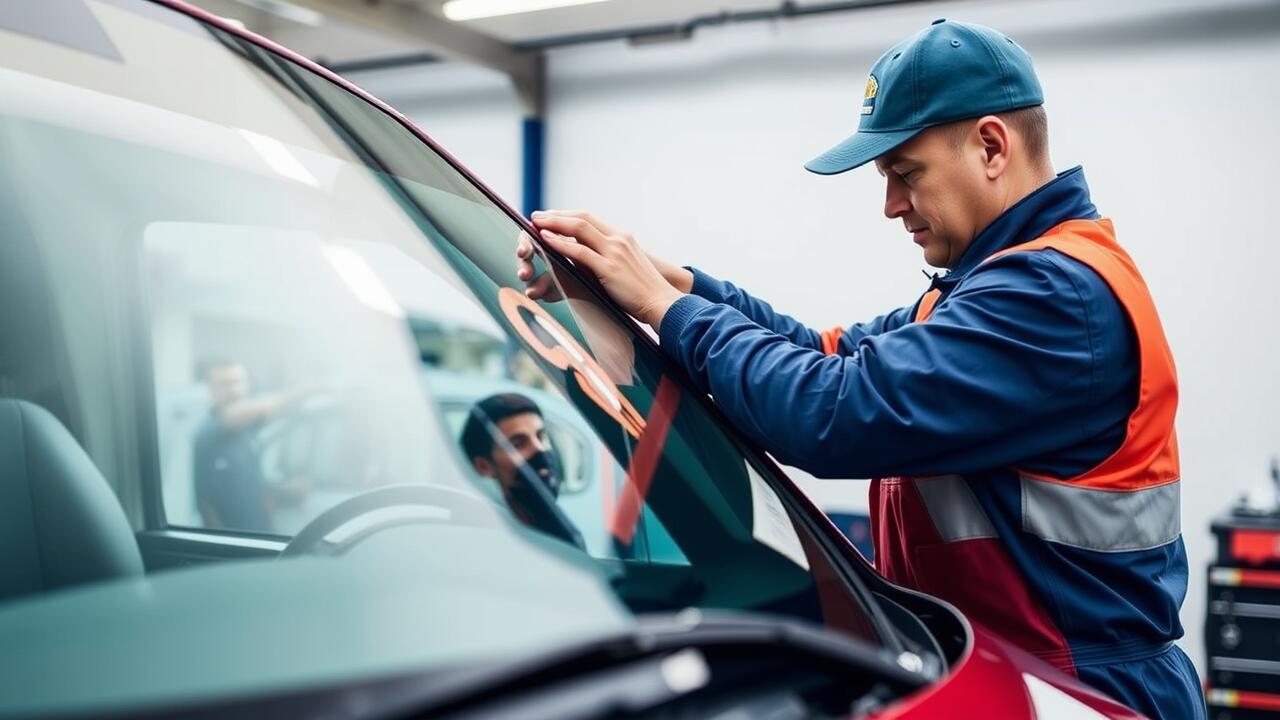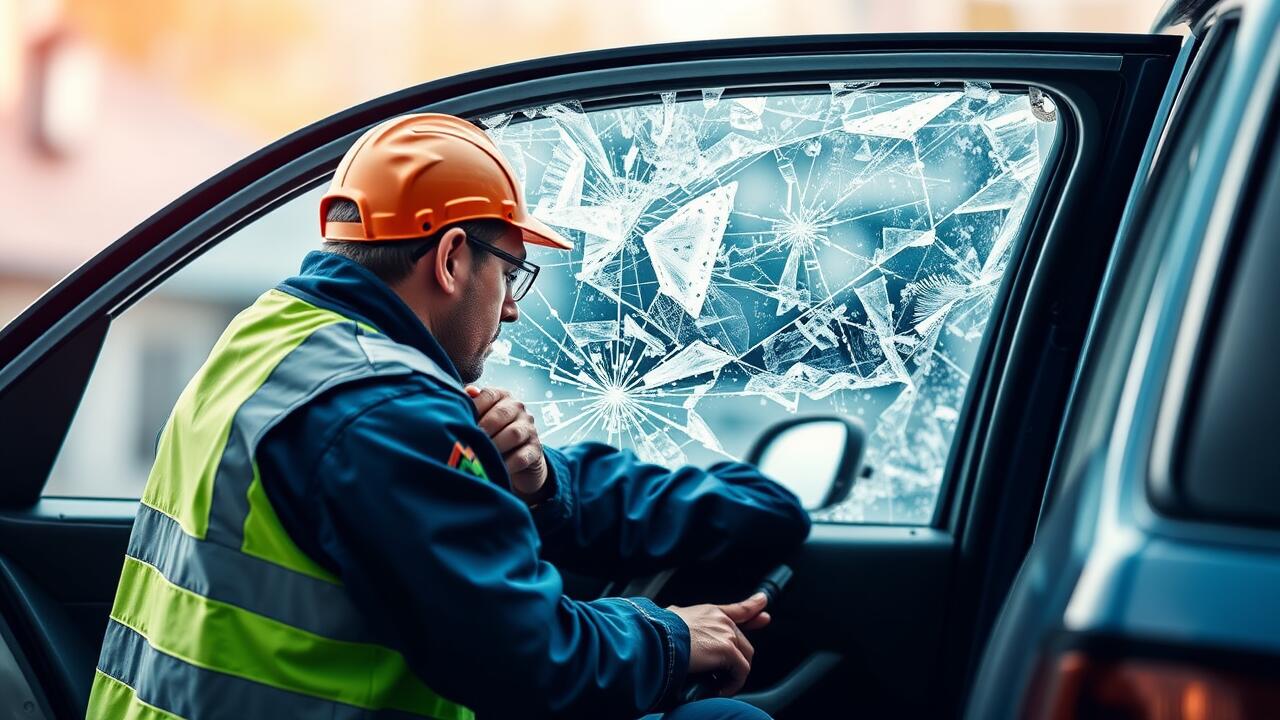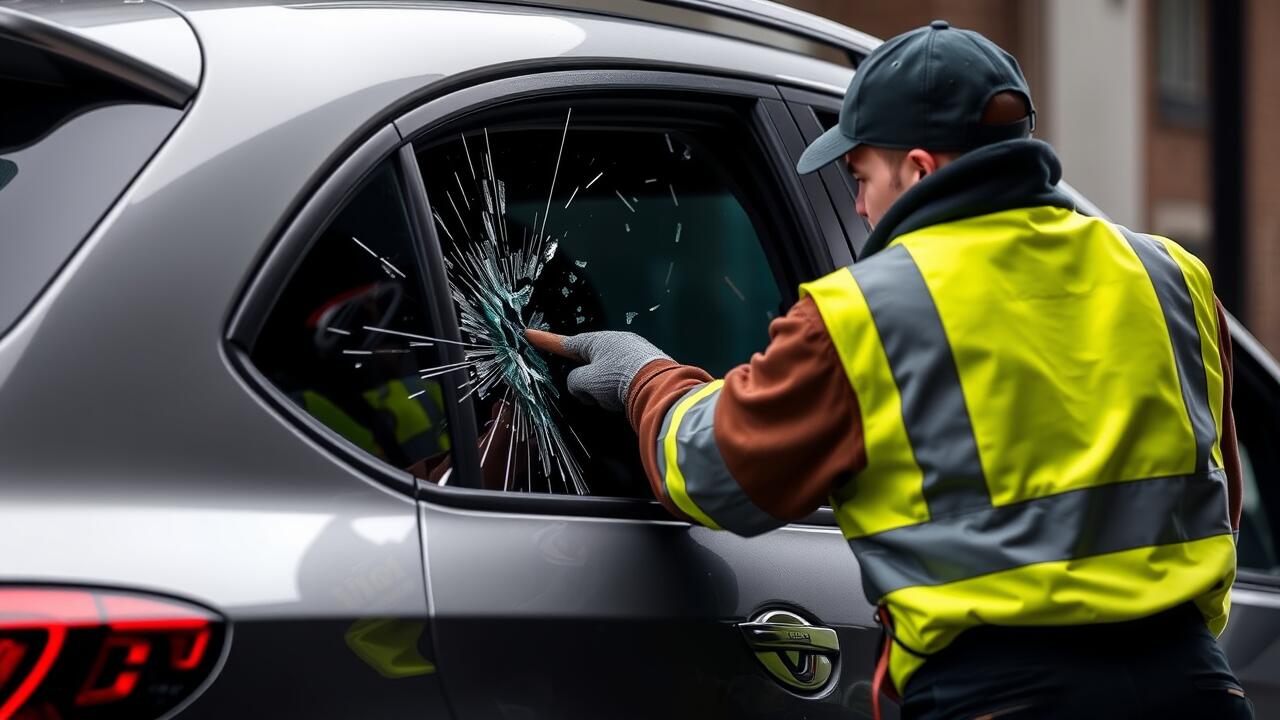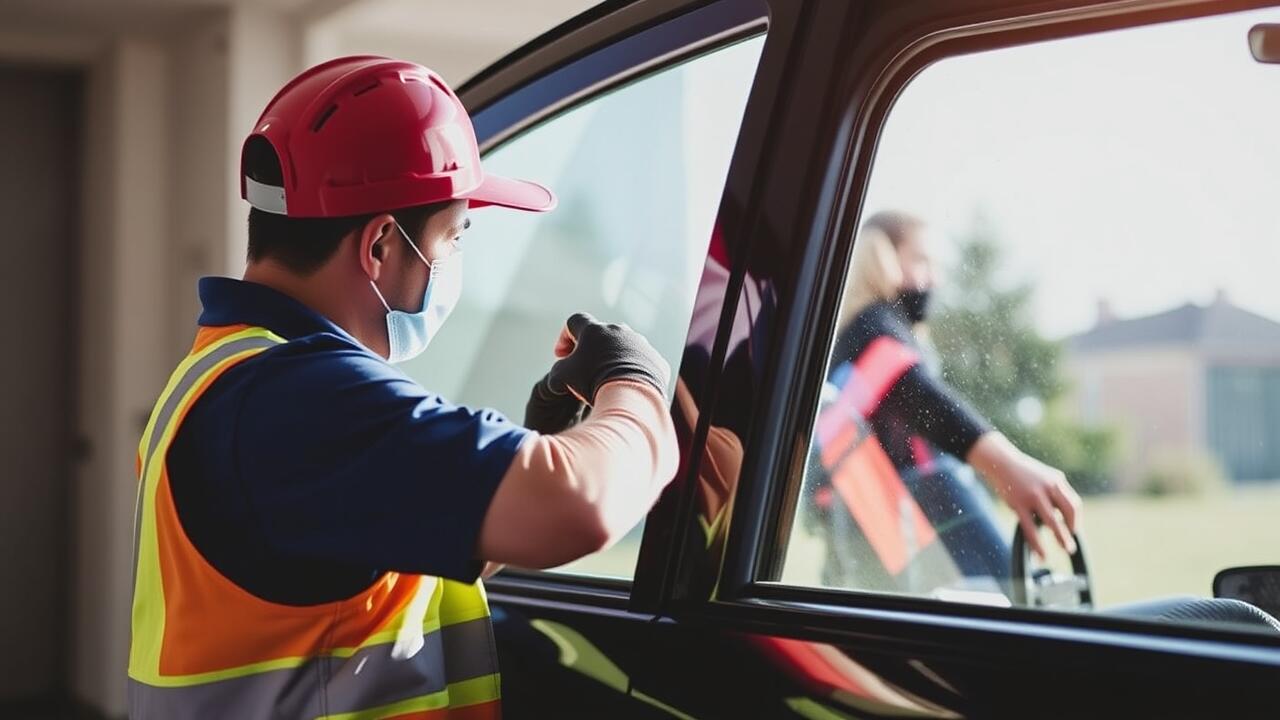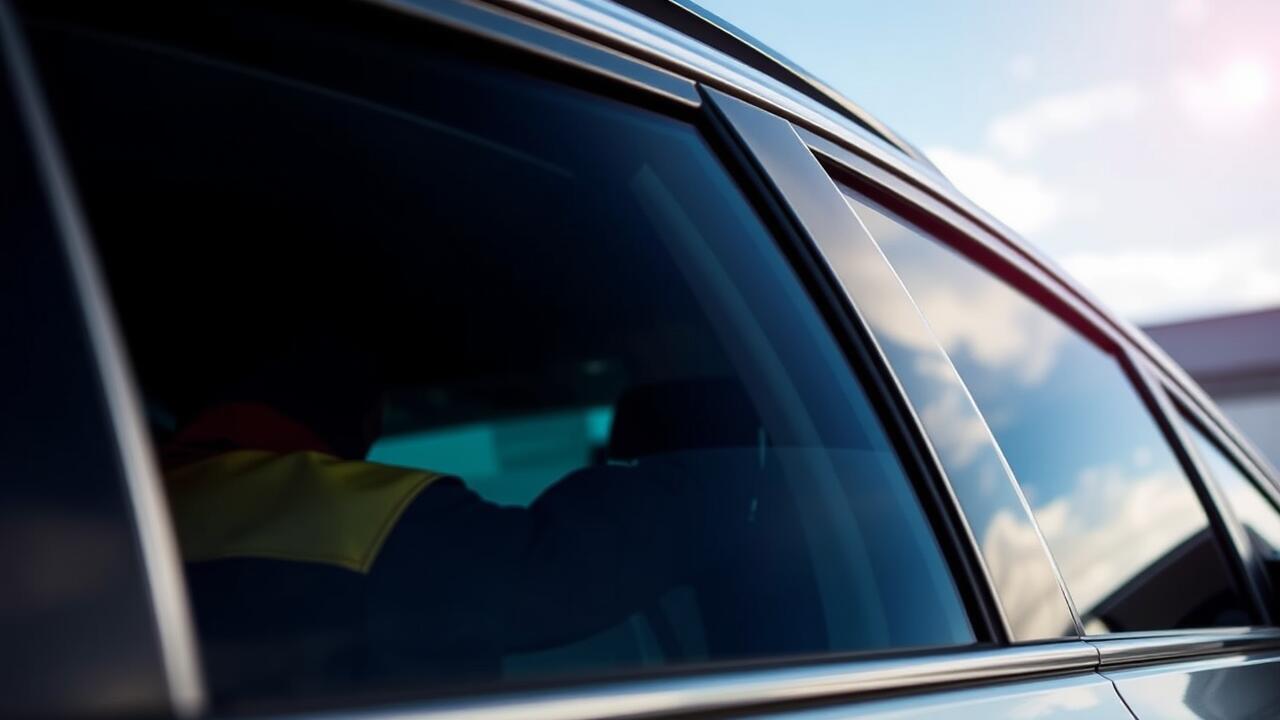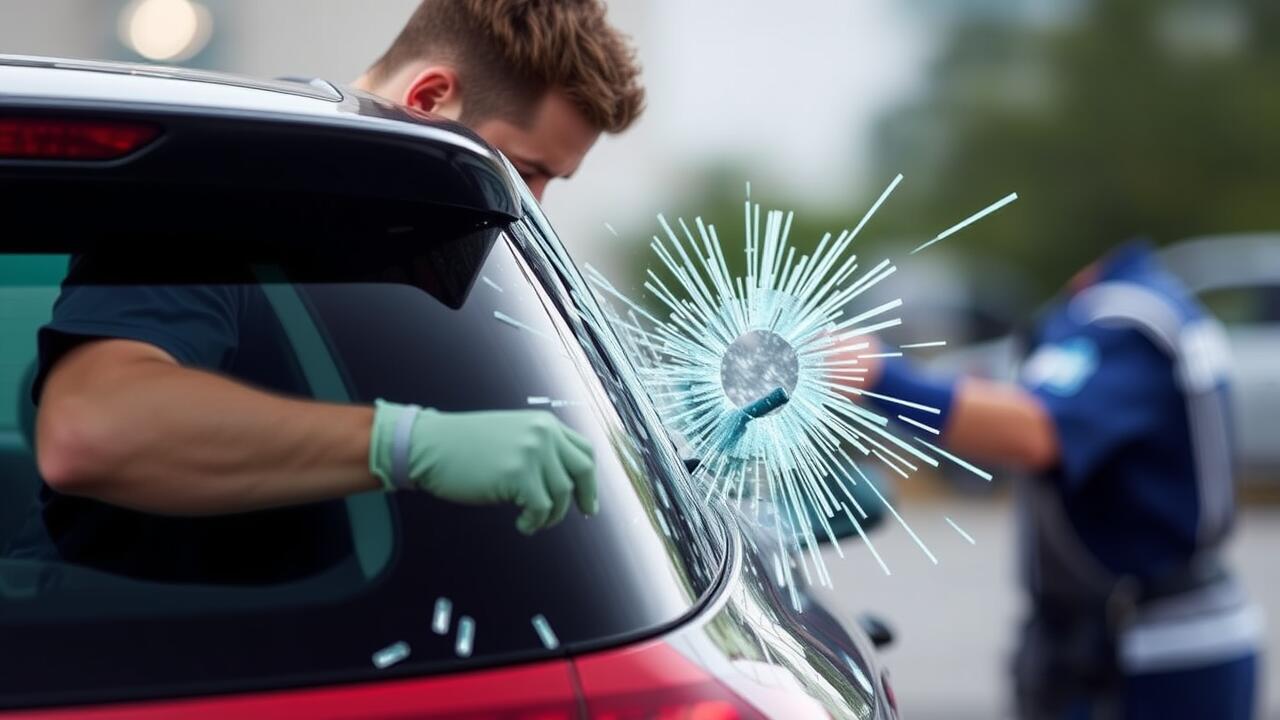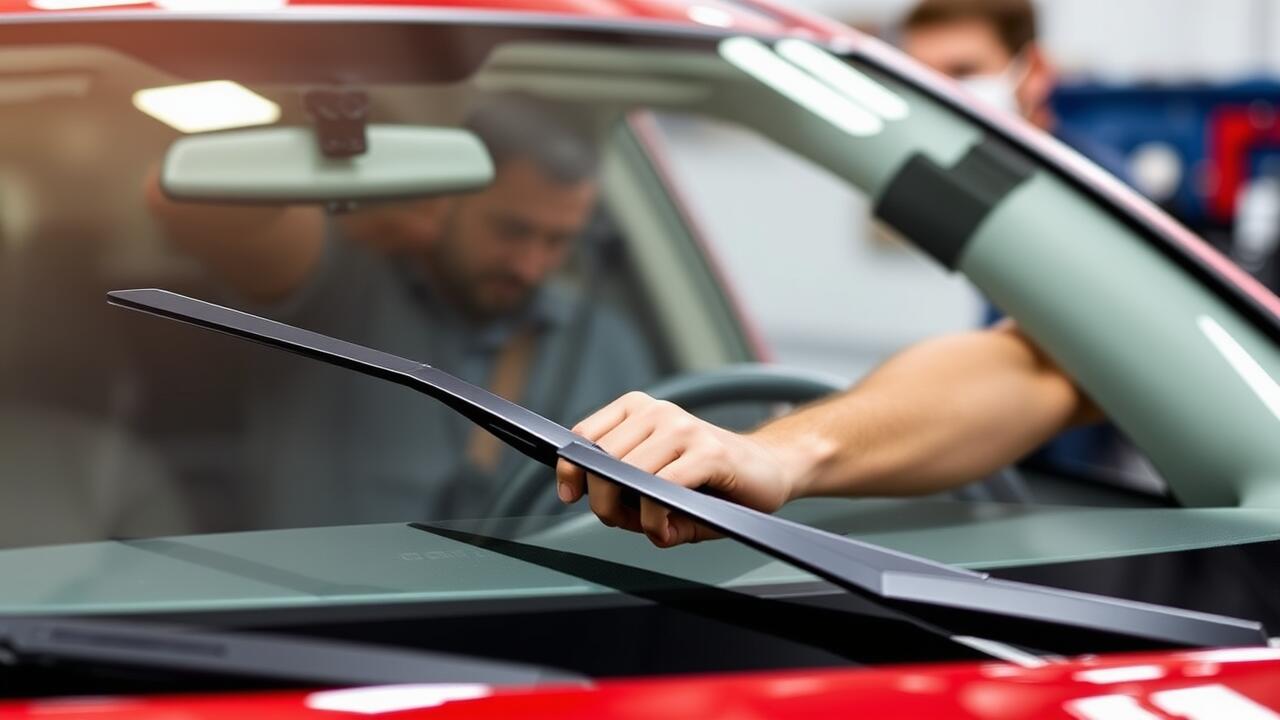
Table Of Contents
Common Practices That May Violate Laws
Many drivers unknowingly engage in practices that could violate vehicle regulations regarding visibility. Common actions include using large stickers, curtains, or shades that obscure the rear window. Although some may believe these enhancements provide privacy, they hinder the driver's ability to see clearly behind them. Such obstructions can be particularly dangerous when changing lanes or reversing, increasing the risk of accidents. Understanding the laws surrounding visibility is essential for maintaining safety on the road.
In cases where the rear window is damaged or compromised, some individuals might opt for temporary measures until a proper Rear Window Replacement can be made. While waiting for repairs, it is crucial to ensure that any temporary solutions do not excessively block visibility. Adhering to legal guidelines is vital, as violations can lead to fines or penalties for unsafe vehicle modifications. Prioritizing safety and compliance can help avoid unnecessary complications.
Typical Items Used to Block Windows
Drivers often resort to various items to block their rear windows for privacy or to shield themselves from sunlight. Common materials include fabric shades, reflective foil, and even cardboard. While these solutions can provide temporary relief from the sun or prying eyes, they may pose safety risks if visibility is compromised.
In some cases, individuals may consider more permanent alterations, such as window decals or solid coverings. However, such modifications can lead to issues with law enforcement as they might contravene local regulations. If a person faces problems due to blocked visibility, they may be required to seek Rear Window Replacement to ensure their vehicle meets safety standards and legal requirements.
Alternatives to Blocking the Rear Window
There are several alternatives to blocking the rear window that can help enhance privacy while remaining compliant with local laws. One option is using window screens or reflective sunshades that can be easily installed and removed. These products provide a layer of privacy without obstructing visibility, allowing for safer driving. They can also help prevent excessive heat buildup in the vehicle, contributing to overall comfort.
For individuals who require a more permanent solution, consider rear window replacement with tinted glass that meets legal standards. This method not only enhances privacy but also allows for better UV protection and temperature regulation inside the car. It is important to consult local regulations regarding tint percentages to ensure compliance. Rear window replacement may also improve the overall aesthetics of the vehicle while serving a functional purpose.
Safe Accessories for Vehicle Privacy
For vehicle owners looking to maintain privacy without obstructing their rear windows, various safe accessories are available. Privacy screens and window shades are popular choices because they can be safely installed and removed as needed. These options allow drivers to enjoy a level of concealment while still adhering to local laws regarding visibility. The use of these accessories helps ensure a clear line of sight for those driving behind the vehicle, reducing the risk of accidents.
Considering the importance of maintaining visibility, investing in rear window replacement can also enhance vehicle security without sacrificing aesthetics. Quality replacements are available that keep the original functionality intact while providing a sleek appearance. This approach not only protects the vehicle's interior but also complies with regulations, offering peace of mind for the driver and passengers alike. Selecting the right accessories is key to balancing privacy with safety on the road.
The Role of Window Tinting in Vehicle Regulations
Window tinting is an important aspect of vehicle regulations that aims to strike a balance between privacy, aesthetics, and safety. In Australia, laws governing window tinting vary by state, with specific guidelines on the level of darkness permitted for different windows. Regulations typically focus on the front windshield and side windows, but the rear window also has its own requirements. Violating these laws can result in fines and complications during inspections, emphasizing the need for compliance.
In cases where window tinting is deemed non-compliant or damaged, a rear window replacement may become necessary. This process not only ensures adherence to legal standards but also maintains the vehicle's safety and structural integrity. Understanding the legal implications of window tinting can help vehicle owners make informed decisions regarding privacy needs while staying within the boundaries of the law.
Tinting Laws and Their Compliance
Window tinting is subject to strict regulations across Australia, aimed at ensuring driver visibility and safety. Each state and territory maintains its own guidelines, which generally dictate the level of tint darkness permitted on various windows. Compliance with these laws is crucial, as exceeding the allowable limits can result in fines or required rear window replacements to meet regulatory standards.
To ensure legal compliance, vehicle owners should familiarize themselves with their local laws concerning tinting. Understanding the specific requirements helps avoid potential penalties associated with improper tinting. If a vehicle's rear window has been excessively tinted, the owner may need to consider rear window replacement or adjusting the existing tint to align with legal guidelines.
FAQS
Is it illegal to block your rear window in Australia?
Yes, blocking your rear window can be illegal as it may obstruct your view and violate road safety regulations.
What are some common practices that may violate laws regarding rear window visibility?
Common practices include using items like cardboard, curtains, or other opaque materials that can hinder visibility while driving.
Are there specific items that are typically used to block windows?
Yes, items such as sunshades, stickers, or tinted films can be used, but they must comply with local vehicle regulations to avoid legal issues.
What are some alternatives to blocking the rear window?
Alternatives include using removable sunshades or investing in window tinting that meets legal standards for visibility.
What safe accessories can provide vehicle privacy without violating the law?
Safe accessories include retractable window shades, mesh screens, or legal window tinting that allows for privacy while ensuring visibility.
